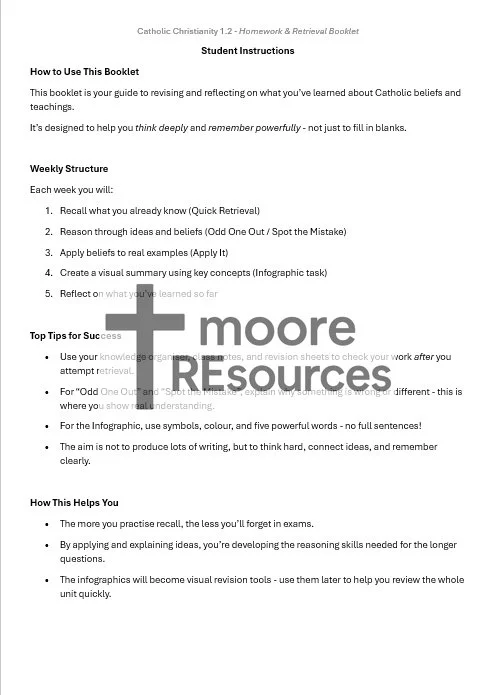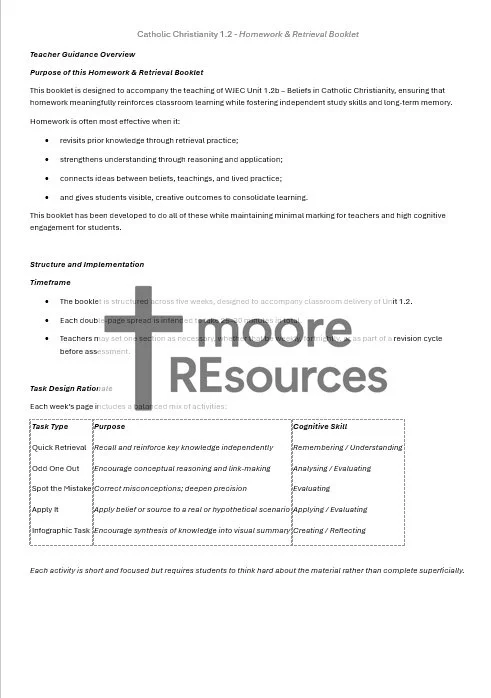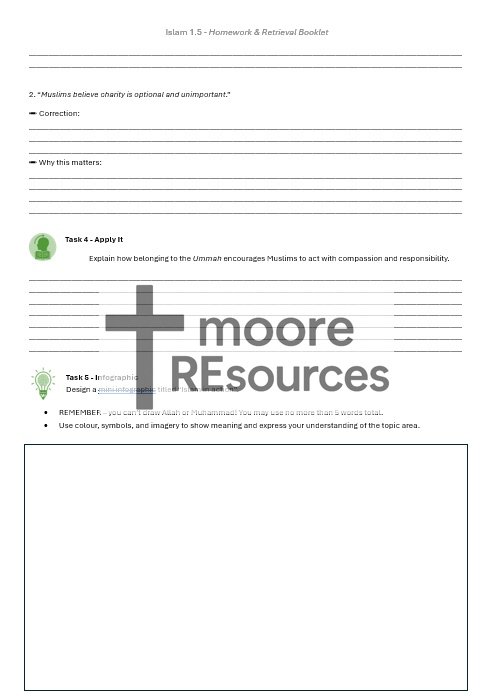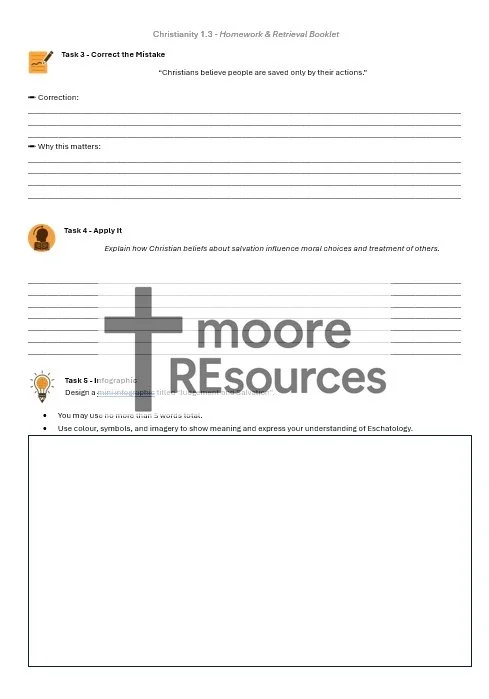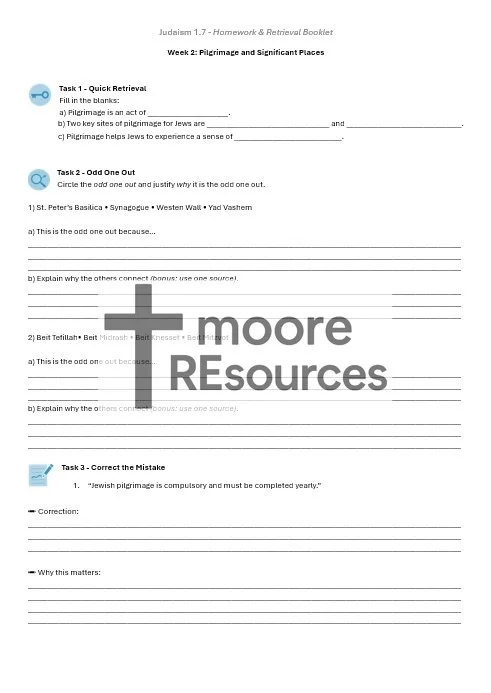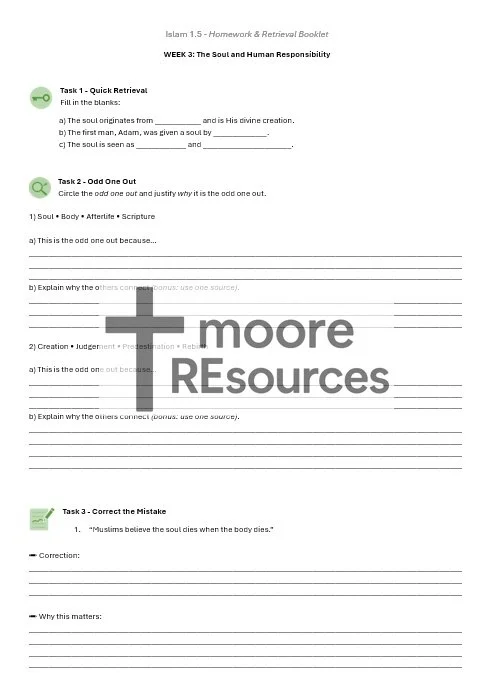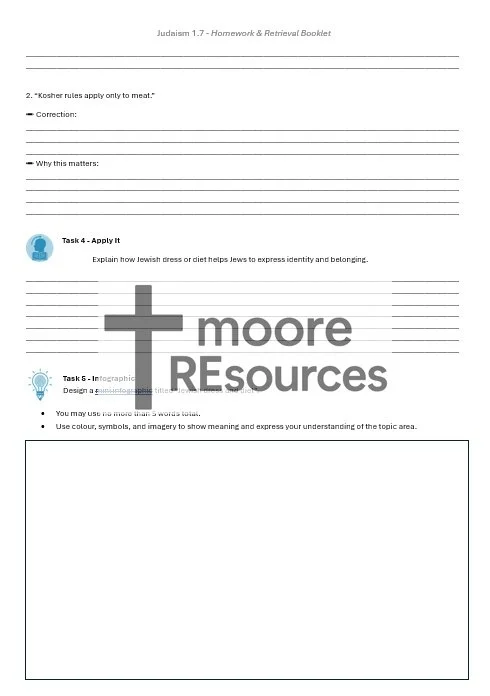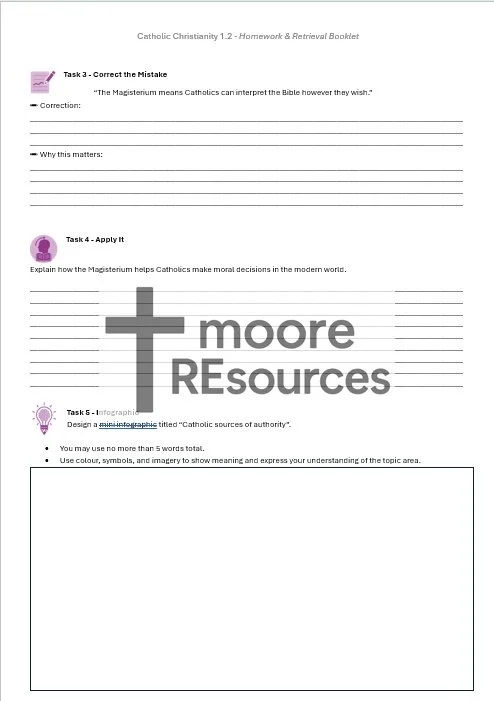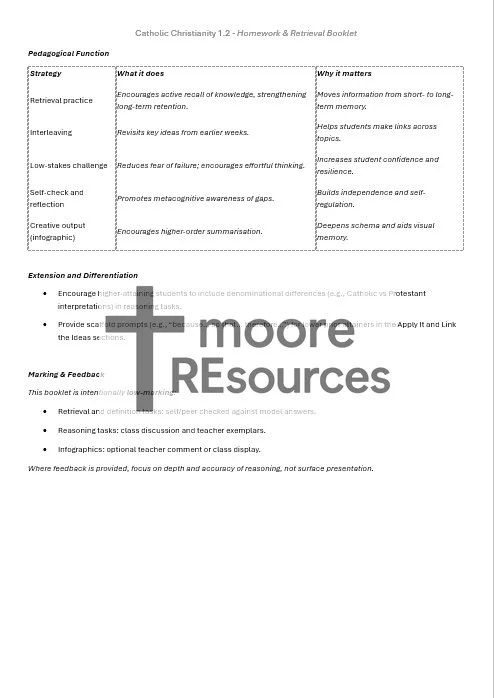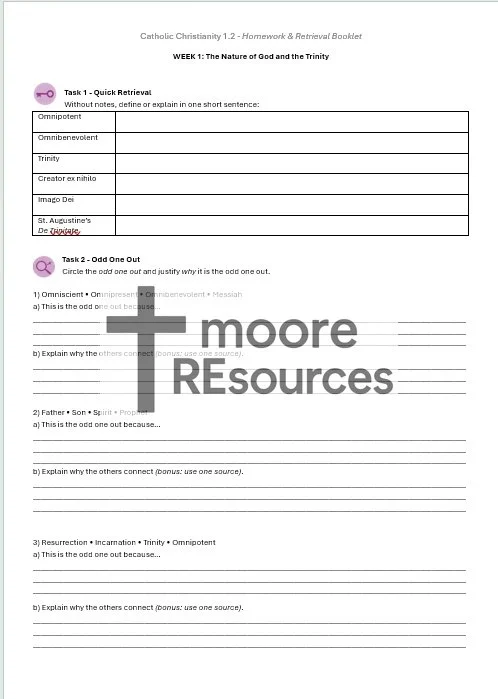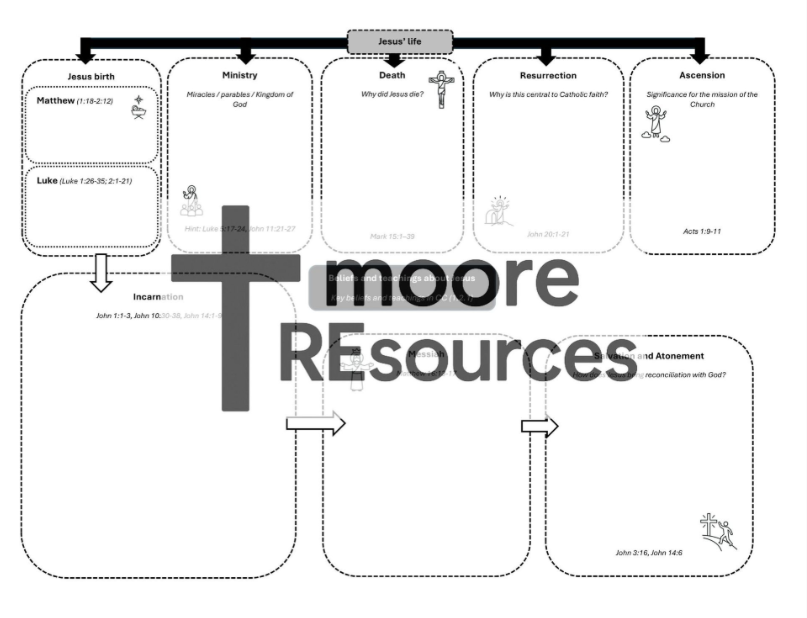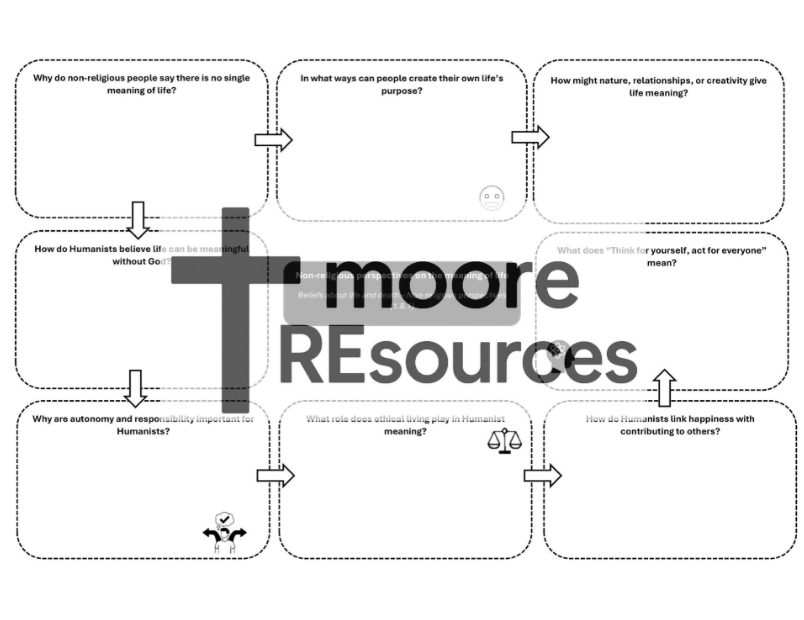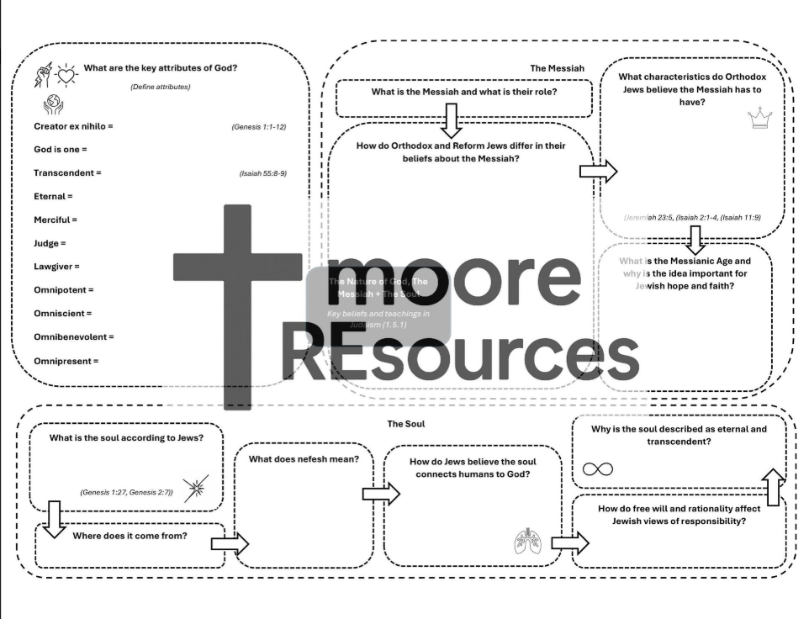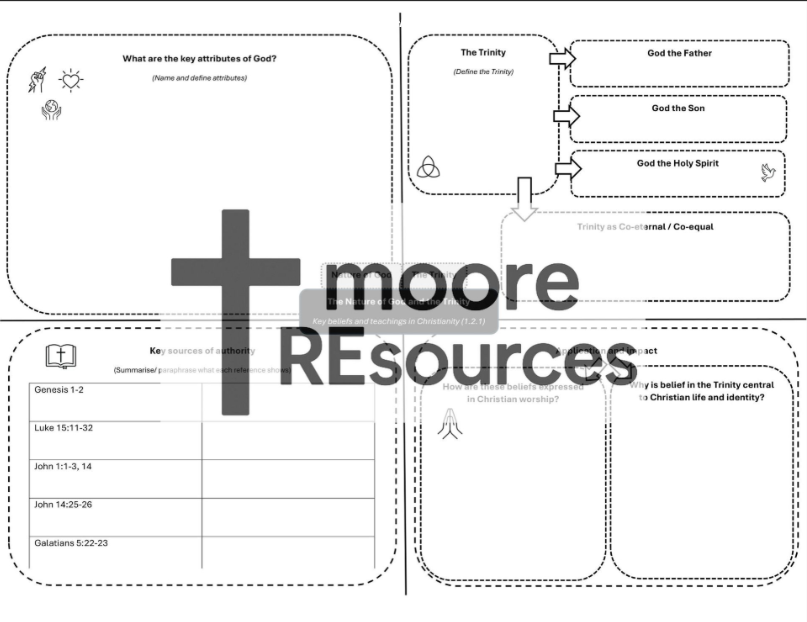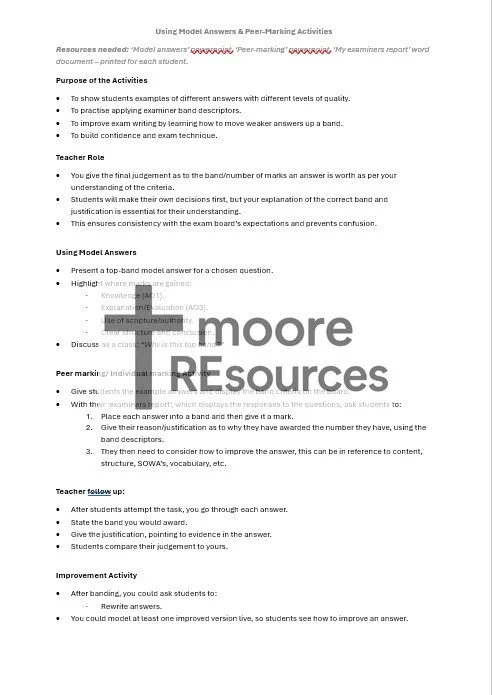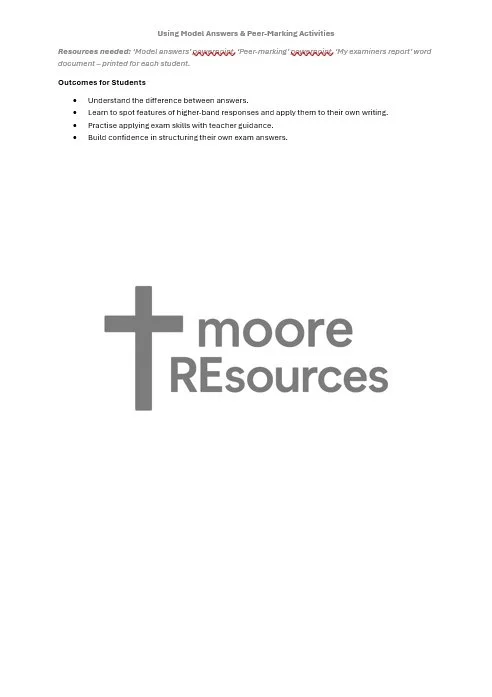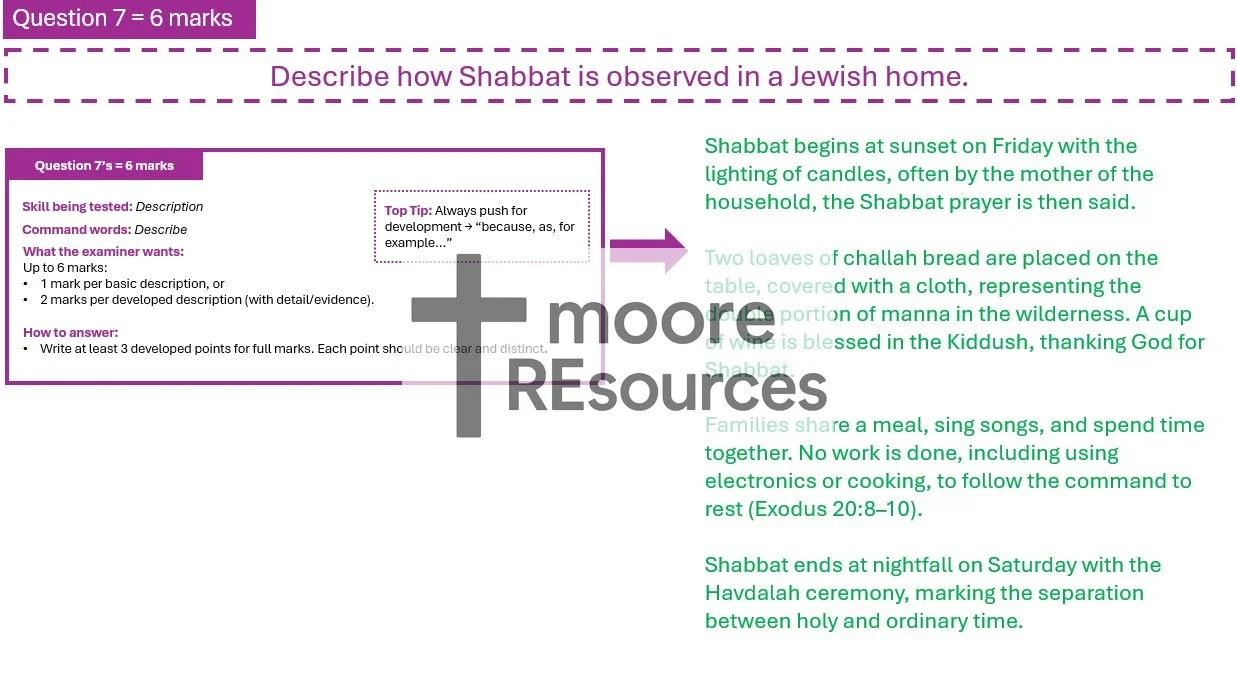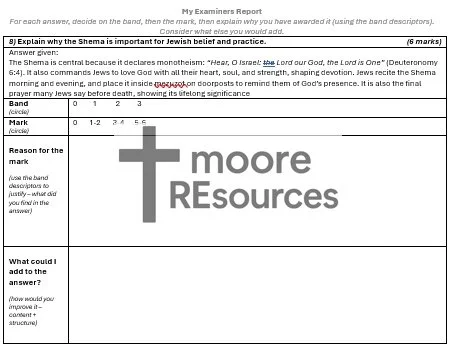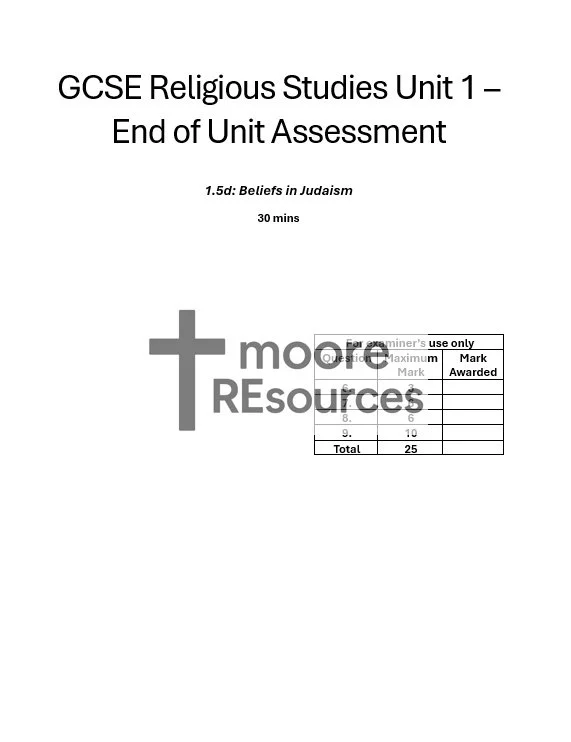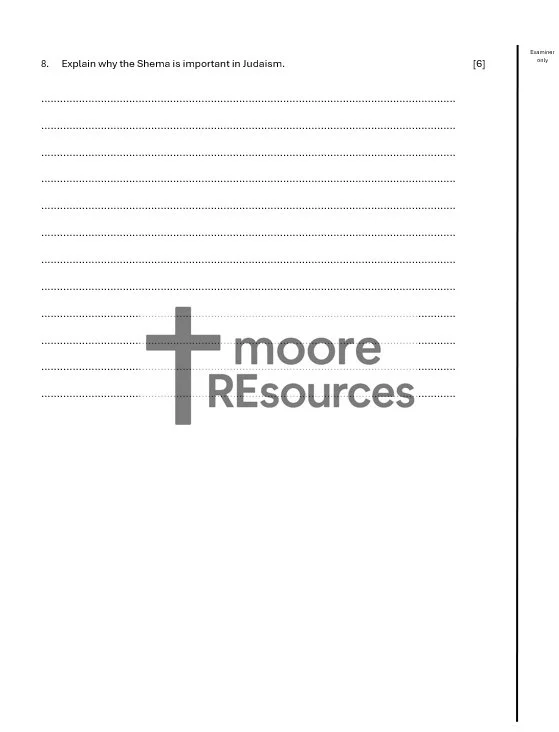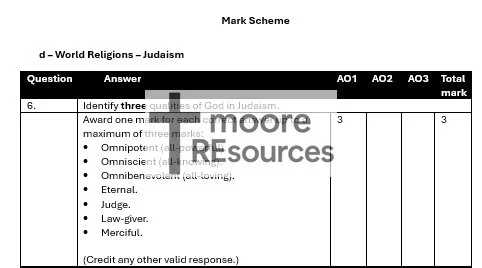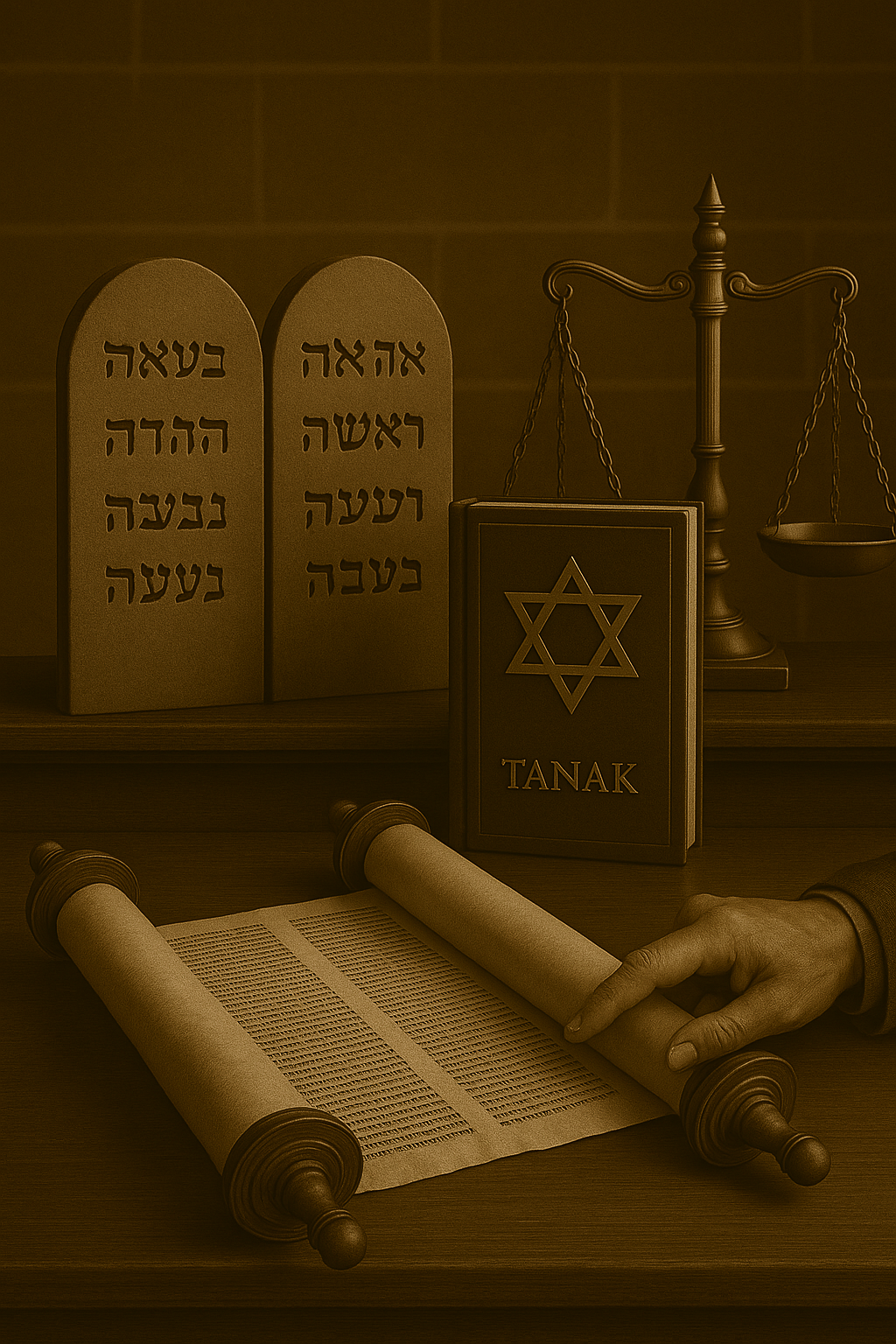 Image 1 of 2
Image 1 of 2

 Image 2 of 2
Image 2 of 2



1.72 Judaism and Morality
Empower your students to understand Jewish approaches to moral decision-making with this thoughtful and engaging Lesson Pack for 1.7.2d: Judaism and Morality. Carefully aligned to the WJEC Religious Studies 2025 specification, this lesson explores how Jewish teachings guide ethical choices and help shape individual and communal responsibility — making moral reasoning clear, relevant, and inspiring for learners.
Learners Will Understand:
Divine Command Ethics
The central role of divine commandments, including the Ten Commandments (Exodus 20:1–17), as part of the covenant relationship between God and the Jewish people.
The significance of the 613 mitzvot, exploring both Orthodox and Reform perspectives on their application in contemporary life.
Conscience and Free Will
The role of matzpun (conscience) in guiding moral choices alongside scriptural teachings.
Understanding human nature through yetzer ha tov (good inclination) and yetzer hara (evil inclination), and the importance of exercising free will.
Scriptural and Rabbinic Guidance
Ethical teachings from the Torah, Tenakh, and Talmud, comparing interpretations across different Jewish traditions.
Real-world examples of how these teachings inform personal and communal ethics today.
Judgement and the Afterlife
Beliefs about divine judgment after death, including references to Ecclesiastes 12:14 (“For God will bring every deed into judgment”) and Daniel 12:1–2 on resurrection and accountability.
Suitable for:
WJEC GCSE Religious Studies (from 2025)
KS4 ethics and philosophy modules
PSHE and Citizenship crossover lessons
Enrichment and extended reflection sessions
Empower your students to understand Jewish approaches to moral decision-making with this thoughtful and engaging Lesson Pack for 1.7.2d: Judaism and Morality. Carefully aligned to the WJEC Religious Studies 2025 specification, this lesson explores how Jewish teachings guide ethical choices and help shape individual and communal responsibility — making moral reasoning clear, relevant, and inspiring for learners.
Learners Will Understand:
Divine Command Ethics
The central role of divine commandments, including the Ten Commandments (Exodus 20:1–17), as part of the covenant relationship between God and the Jewish people.
The significance of the 613 mitzvot, exploring both Orthodox and Reform perspectives on their application in contemporary life.
Conscience and Free Will
The role of matzpun (conscience) in guiding moral choices alongside scriptural teachings.
Understanding human nature through yetzer ha tov (good inclination) and yetzer hara (evil inclination), and the importance of exercising free will.
Scriptural and Rabbinic Guidance
Ethical teachings from the Torah, Tenakh, and Talmud, comparing interpretations across different Jewish traditions.
Real-world examples of how these teachings inform personal and communal ethics today.
Judgement and the Afterlife
Beliefs about divine judgment after death, including references to Ecclesiastes 12:14 (“For God will bring every deed into judgment”) and Daniel 12:1–2 on resurrection and accountability.
Suitable for:
WJEC GCSE Religious Studies (from 2025)
KS4 ethics and philosophy modules
PSHE and Citizenship crossover lessons
Enrichment and extended reflection sessions


